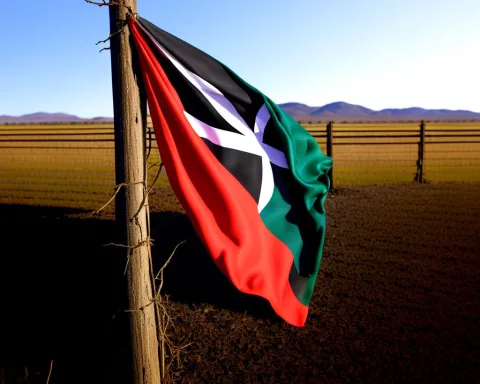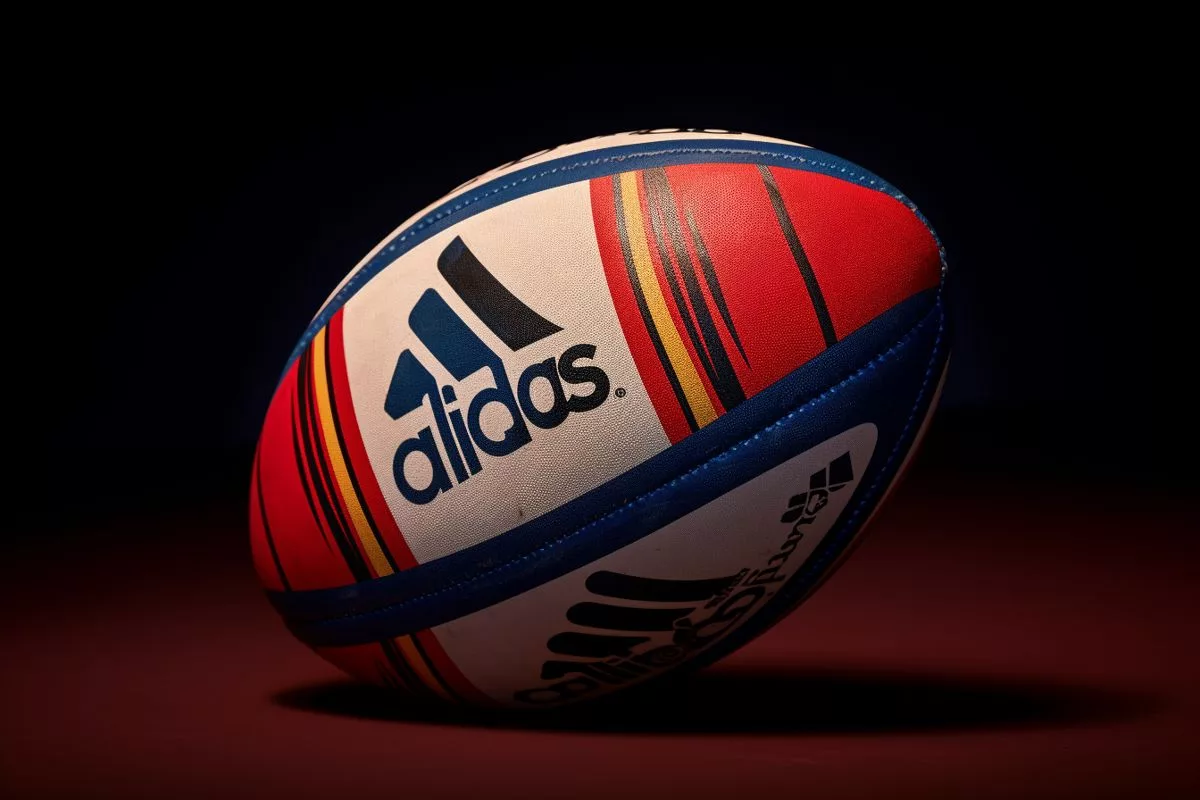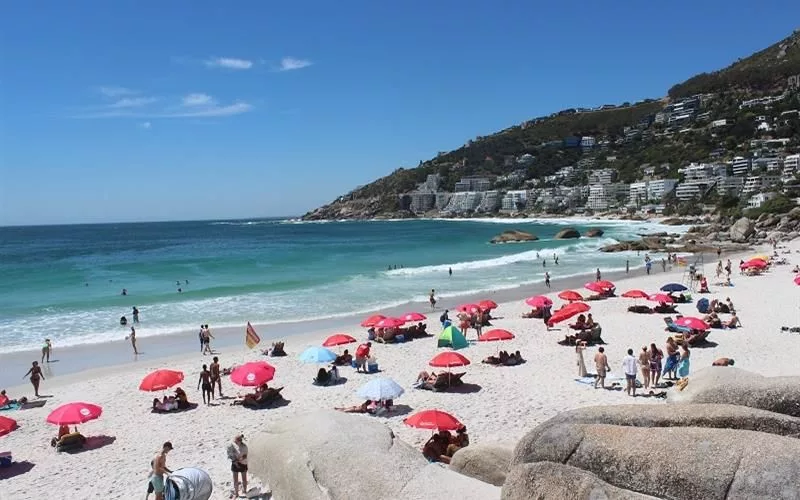The Ultimate Fighting Championship (UFC) is introducing multilingual commentary in Afrikaans and isiXhosa, in addition to English, for the first time during Dricus du Plessis’ middleweight title fight. This move highlights the diversity within sports and provides an opportunity for South African sports fans to enjoy the fight in their own language. Du Plessis, a celebrated martial artist, is hoping to be the first South African mixed martial artist to secure a title belt at the esteemed UFC level. This historic event reflects the global shift towards inclusiveness and diversity in sports.
The Ultimate Fighting Championship (UFC) is offering commentary in three native languages for the first time, shining a spotlight on the diversity entrenched within the realm of sports. The multilingual commentary will launch during the South African contender, Dricus du Plessis, fight for the UFC middleweight title. This initiative provides an opportunity for South African sports fans to back du Plessis in a distinctly South African style, through the inclusion of Afrikaans and isiXhosa commentary along with the existing English one for DStv Compact subscribers.
Multilingual Commentary: A Crowning Moment for South African Sports
A landmark event in South African sports is on the horizon as the Ultimate Fighting Championship (UFC) prepares to offer commentary in three native languages for the first time. This revolutionary move shines a spotlight on the diversity that is entrenched within the realm of sports and accentuates the importance of giving everyone a fair chance to grasp the global language of sports. The multilingual commentary is set to launch during the eagerly awaited fight where South African contender, Dricus du Plessis, will be vying for the UFC middleweight title.
The Decision Behind the Innovation
This groundbreaking decision was declared by SuperSport, one of Africa’s leading sports broadcasting networks. The UFC match will follow the precedent set by live football, rugby, and cricket events, which have previously reaped substantial success with their multilingual offerings. Rendani Ramovha, CEO of SuperSport, commented, “Our multilingual services in football, rugby, and cricket have garnered immense success with sports enthusiasts across all walks of life.”
Without a doubt, this initiative adds an innovative layer to the viewers’ experience. It provides South African sports fans an opportunity to back Dricus du Plessis in a distinctly South African style, through the inclusion of Afrikaans and isiXhosa commentary along with the existing English one for DStv Compact subscribers. This initiative signifies a landmark moment for the audience who can now “relish the fight in a distinctly South African style,” according to Ramovha.
Dricus du Plessis: The Face of South African UFC
A crucial figure in this historic UFC fight, and a household name within South African fighting history, is Dricus du Plessis. This 29-year-old martial artist from Pretoria boasts an impressive eight-fight winning streak, with triumphs in the UFC and at EFC Africa in Pretoria and KSW 50 in London. His extraordinary journey is propelled by his aspiration to be the first South African mixed martial arts fighter to secure a title belt at the esteemed UFC level.
Du Plessis is widely recognized for his now-famous catchphrase, “Hulle weet nie wat ons weet nie” (They don’t know what we know), a call to arms that hugely inspired the Springboks in their victorious Rugby World Cup defense this year. This catchphrase, delivered during his match-winning second-round TKO against Australian Robert Whittaker, embodies the spirit of the underdog that du Plessis personifies, which has endeared him to his followers.
The sentiment exuded by du Plessis resonated with Rassie Erasmus, SA Rugby’s director of rugby, who adopted the catchphrase during the Springboks’ triumphant Rugby World Cup defense in France. It encapsulates the indomitable spirit of South Africa’s athletes and their unwavering quest for excellence.
A Deep Impact on South African Sports Culture
This historic event goes beyond the fight or the outcome; it extends to the broader influence it wields on South African sports culture. The multilingual commentary offers South Africans the opportunity to engage with the sports they love in their languages, mirroring the variety and inclusivity that should ideally characterize global sporting events. This is a trend that we hope to witness more in the future.
As for du Plessis, he remains unfazed and concentrated on his mission. “Being World Champion(s) is what we are, and I’m going to prove that on January 20th,” he disclosed at the official UFC 297 press conference in Las Vegas. With his uplifting spirit and dogged determination, he continues to inspire a generation of budding athletes, demonstrating that they too can establish their presence on the global stage.
Summary
In essence, this UFC event is more than just a fight; it serves as a reflection of the global shift in sports towards inclusiveness, diversity, and acknowledgement of different languages and cultures. South Africa is spearheading this change, illustrating that sports can indeed be a universal language articulated in countless tongues. Truly, it underscores the enduring truth that sports, akin to language, possess the power to unify and inspire.
1. What is the Ultimate Fighting Championship (UFC)?
The Ultimate Fighting Championship (UFC) is a mixed martial arts promotion company, which holds events across the globe and attracts top fighters from around the world.
2. What is significant about the UFC debut in three local languages?
The UFC debut in three local languages is significant because it highlights the diversity within sports and provides an opportunity for South African sports fans to enjoy the fight in their own language. It showcases a global shift towards inclusiveness and diversity in sports.
3. What languages will the commentary be available in for the UFC fight featuring Dricus du Plessis?
The commentary will be available in English, Afrikaans, and isiXhosa for the UFC fight featuring Dricus du Plessis.
4. Who is Dricus du Plessis?
Dricus du Plessis is a 29-year-old martial artist from Pretoria, South Africa, who is hoping to become the first South African mixed martial arts fighter to secure a title belt at the esteemed UFC level.
5. How does this event impact South African sports culture?
This event showcases inclusivity and diversity within sports and provides an opportunity for South Africans to engage with the sports they love in their languages, which mirrors the variety and inclusivity that should ideally characterize global sporting events. It sets a precedent for more multilingual offerings in the future.
6. What does this event symbolize?
This event symbolizes the global shift towards inclusiveness, diversity, and acknowledgement of different languages and cultures within sports. It underscores the enduring truth that sports possess the power to unify and inspire, and South Africa is spearheading this change.












